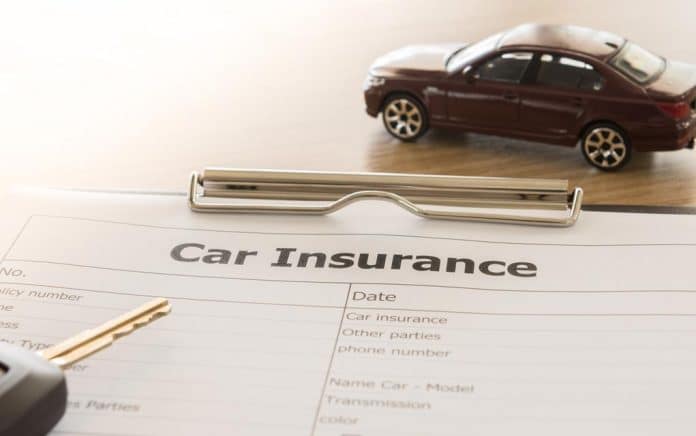
Smart Quiz: Only One Type of Insurance Covers Your Car’s True Value…
A) GAP Insurance
B) Liability
C) Comprehensive
D) Collision
Answer: A) GAP Insurance
Did you know a new car depreciates in value as soon as you drive it off the lot? The average car immediately loses about 10 percent of its purchase price, but it could be more depending on the model and features. It is very likely that in a short period of time you will owe more to your lender than the car is actually worth.
If you get into an accident and your car is a “total loss,” a standard car insurance policy will only pay you for the actual value of the car, not what you owe on your loan. So who pays the rest? You do — unless you have GAP insurance.
What Is GAP Insurance?
GAP stands for Guaranteed Auto Protection. This type of policy pays the difference between the amount you owe on your loan and the actual value of your vehicle. This coverage protects you from being stuck paying for a car loan on a vehicle that’s been destroyed. Finance companies originally created this coverage to reduce the number of loan defaults on totaled cars.
Do You Have to Have GAP Insurance?
The answer here depends on you and your finance or lease lender. Some lenders require this coverage and your car dealer may offer to roll the cost into your loan payment. This may seem convenient but isn’t always the best option. There will come a time when you owe less than the value of your car, at which point you will no longer need this coverage. You won’t be able to remove this coverage if it was built into your loan payment, ultimately paying for it longer than necessary.
Try contacting your insurance company directly to ask for a quote or to find out if GAP coverage can be added to your existing policy.
Cars are a major investment whether you finance or lease them. Be sure to protect yourself and your bank account in the event of an accident or theft. GAP insurance is the only way to prevent yourself from owing a lot of money if you have a major incident before your car is paid off.
~Here’s to Your Financial Health!
Copyright 2020, FinancialHealth.net





















